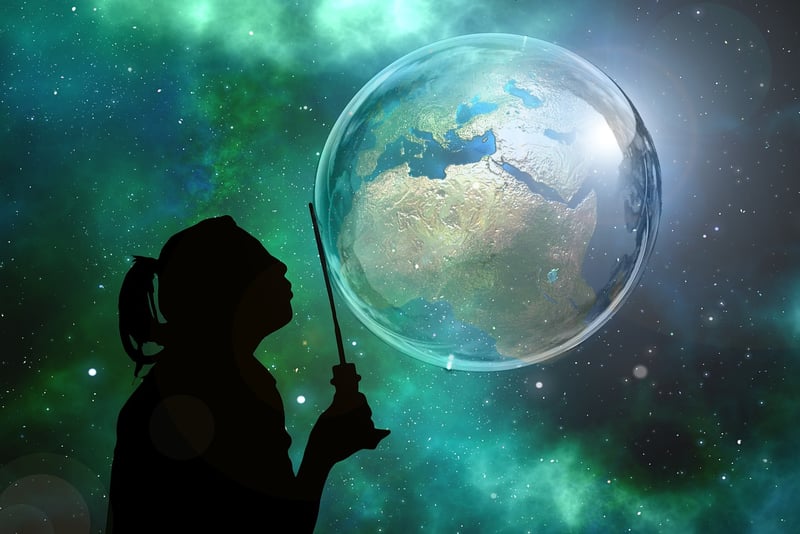Future Worlds

Exploring Different Eras and Future Worlds
The Past
Delving into different historical eras can be a fascinating journey through time. From ancient civilizations to medieval times and the industrial revolution, each period offers a unique insight into the past.
Image source: https://pixabay.com/photos/ancient-rome-roman-forum-italy-1082147/
Ancient Civilizations
Ancient civilizations like Egypt, Greece, and Rome laid the foundation for modern society. Their architecture, art, and cultural practices continue to inspire us today.
Medieval Times
The medieval period was characterized by feudalism, chivalry, and the rise of great empires like the Byzantine and Ottoman. Castles, knights, and epic tales define this era.
Image source: https://pixabay.com/photos/castle-romantic-landscape-1296144/
The Present
Understanding the current world we live in is essential to grasp the developments that have shaped our society. From technological advancements to globalization, the present is a blend of diverse cultures and innovations.
The Future
Imagining future worlds opens up a realm of possibilities. Science fiction, speculative technology, and futuristic concepts challenge our understanding of what lies ahead.
Image source: https://pixabay.com/photos/futuristic-city-fantasy-hope-2079431/
Space Exploration
With advancements in aerospace technology, humans are inching closer to exploring deep space and potentially colonizing other planets. The future of space travel holds exciting prospects.
Artificial Intelligence
Artificial Intelligence (AI) is rapidly evolving and transforming various industries. From autonomous vehicles to smart assistants, AI is set to revolutionize how we interact with technology.
Conclusion
Exploring different eras and future worlds allows us to appreciate our past, understand our present, and envision the possibilities that lie ahead. Whether diving into history or contemplating the future, each era offers a unique perspective on the human experience.